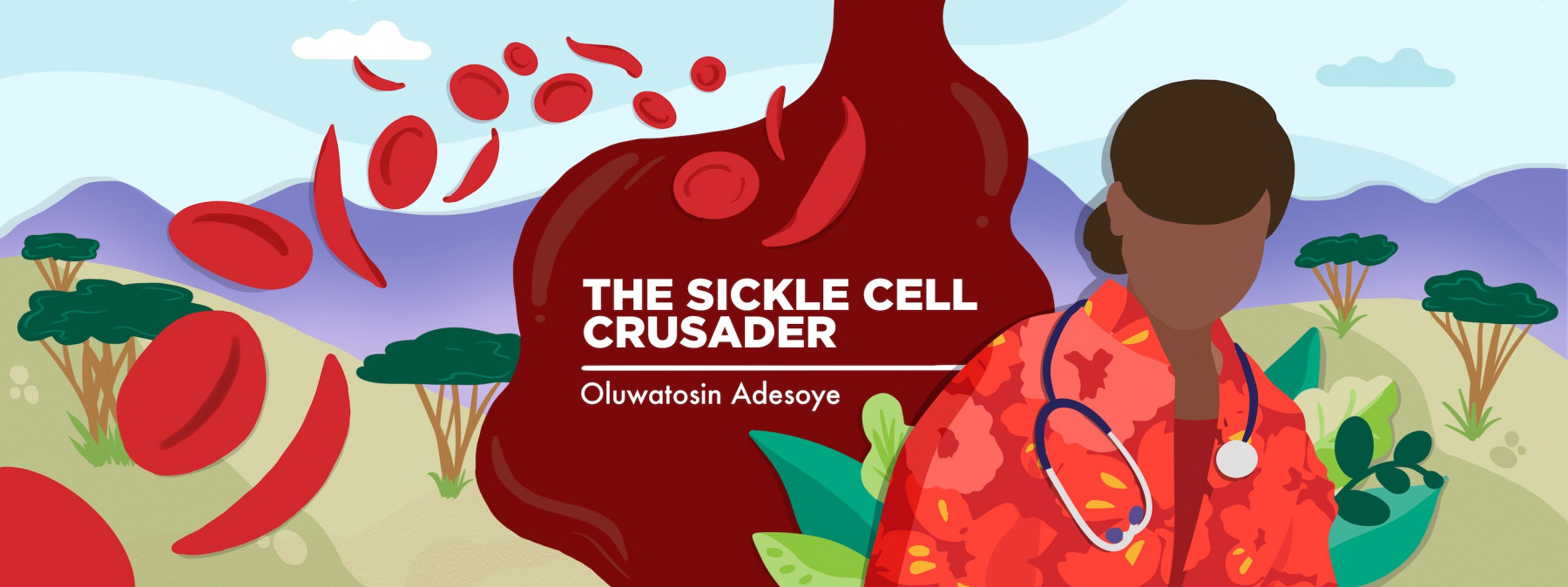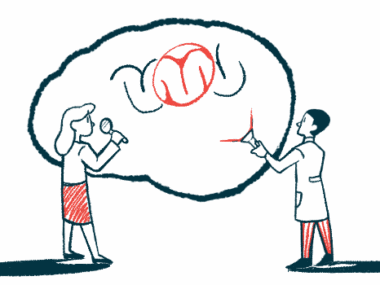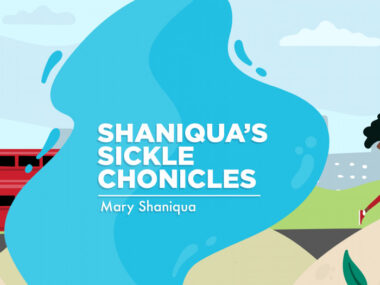As I navigate grief and loss, one thing is clear: We deserve better
A columnist mourns the loss of two sickle cell warriors in the past month
Written by |

The past month has been incredibly difficult for me. I lost two close sickle cell warriors in a short time, which has been both heartbreaking and shocking.
One of the hardest parts of running a sickle cell support group is experiencing this kind of loss. Despite all the medical advancements and the increased longevity for many of us, we still lose so many warriors to the complications of sickle cell disease too early in their lives.
These losses are never easy. They cause sadness, heartbreak, and especially fear. The frequent news of a death in our community takes a heavy toll on me. Sometimes I cry, other times I feel completely numb, and often I simply don’t know how to react. It’s affected the way I react to news of a death, as my reactions are frequently unusual.
The latest news broke me. She was a younger friend of mine, and we’d spoken just days before she died. The morning she passed, my phone was buzzing with notifications from our group chat. When I checked in, my heart sank. Everyone was in denial. We’d just lost another group administrator a month ago, and this couldn’t be happening again.
I’ve never been so afraid to confirm a death. I messaged her, hoping for a reply that never came. Shaking, I called her number, praying it was all a mistake. But instead of hearing her voice, I spoke with her family, who confirmed the news. The world seemed to stop. I was speechless.
Shortly after, I had to approve a post to our online Sickle Cell Celebs group. I couldn’t make any posts of my own, as words simply wouldn’t come to me. I even tried the next day, and still nothing. Eventually, I made a tribute video instead. I cried through the entire process.
I’m tired of losing people who fight so hard to get educated, acquire skills, and simply survive despite their bad health. It’s extremely frustrating that so many sickle cell warriors still die in their teens, 20s, and 30s.
Something has to change, particularly here in Africa, where I live. Governments need to step up. We need a proper health insurance program for sickle cell patients, not useless ones that don’t even cover medications or other vital therapies. We need free healthcare. So many adults with sickle cell disease can’t afford the disease-modifying therapies, hospital admissions, and chronic blood transfusions that we need.
Many patients live with chronic pain, fatigue, organ damage, and physical disabilities and can no longer work. They have no access to disability benefits in most of Africa. Many find it difficult to survive, as they’re unemployed and miserable because of sickle cell complications.
Sickle cell disease is preventable, so the bottom line is that we must work to prevent it!
To every warrior living with sickle cell disease, we must stop taking our health for granted. We must not assume we know everything, and we should go to the hospital when we’re sick. When we have a crisis, we should seek professional medical care.
We also desperately need more research to find better solutions for the complications of this disease.
I know everyone will die someday, but that’s not what I’m afraid of. Rather, I’m terrified of living a life filled with sadness. Until my time comes, I want to be happy.
To the two warriors we lost in the past month: Rest in peace. You will not be forgotten.
Note: Sickle Cell Disease News is strictly a news and information website about the disease. It does not provide medical advice, diagnosis, or treatment. This content is not intended to be a substitute for professional medical advice, diagnosis, or treatment. Always seek the advice of your physician or other qualified health provider with any questions you may have regarding a medical condition. Never disregard professional medical advice or delay in seeking it because of something you have read on this website. The opinions expressed in this column are not those of Sickle Cell Disease News or its parent company, Bionews, and are intended to spark discussion about issues pertaining to sickle cell disease.




Tyrone Hodge
Ms Adesoye, as someone who recently lost his wife of almost fifty years, I know how it feels to lose a friend and in my case, a loved one. I know it's painful, you weep until there is no energy left. I do agree with you that this disease is preventable and it will only happen if we the loved ones, caregivers insist on it. We cannot be passive, especially when our government is cutting research grants and going after the universities where such research is done. When they want to cut benefits that we've paid for in our lifetime. This disease can affect anyone, not just black people, but it disproportionately gets us. My wife lived to be seventyfive years old and she fought a good fight. She documented her living with sickle cell anemia and it hurt me to read it. We cannot depend on the good graces of our people. We cannot continue to wait for someone to step up. We cannot afford to be bystanders as uor young people continue to die. I don't doubt that if this disease affected the general population there would be an all hands on deck response. Until you have acquired that gene and had to be a caregiver, you don't understand the magnitude of this disease. Thank you for enlightening the general public. Tyrone Hodge